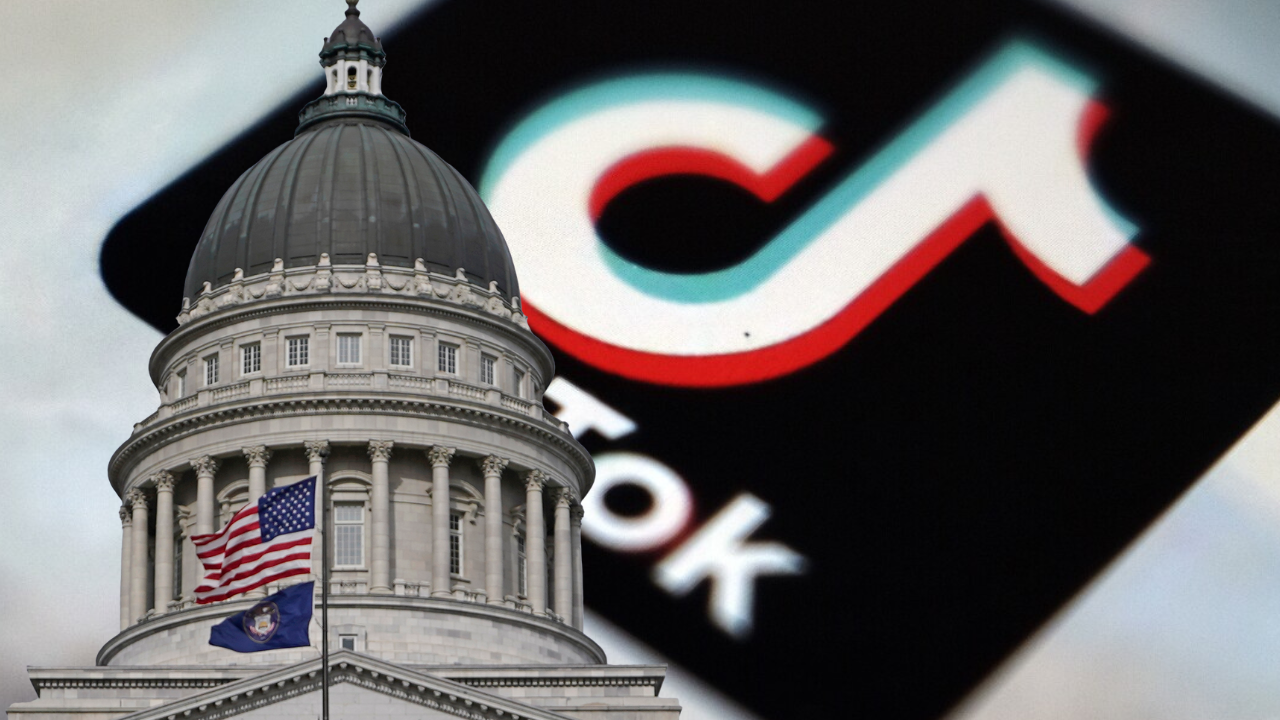Shocking allegations emerged from a Utah lawsuit on Saturday claiming that TikTok knowingly allowed its livestream feature, TikTok Live, to exploit children.
The lawsuit, filed by Utah Attorney General Sean Reyes, describes the platform as a “virtual strip club,” connecting minors with adult predators in real-time.
Internal documents suggest that TikTok was aware of these dangers but chose to ignore them due to the significant profits generated from these live streams.
Read also: Nigeria hails Google, Microsoft, TikTok, X for N2.55 trillion tax contributions in H1 2024
Disturbing revelations
The lawsuit highlights findings from internal investigations, including “Project Meramec,” which revealed that hundreds of thousands of minors bypassed age restrictions on TikTok Live. Adults allegedly groomed these minors to perform explicit acts in exchange for virtual gifts.
The platform reportedly took a 50 percent commission on transactions in which adults paid young users for provocative performances.
Outgoing Attorney General Sean Reyes emphasised the severity of these allegations, stating, “It would be outrageous enough to endanger our kids the way TikTok has — even if it was unintended.”
He pointed to the broader implications of online exploitation, which has led to serious issues like depression and trafficking among youth.
TikTok has defended itself against these claims, asserting that it implements “industry-leading policies” to protect young users.
A spokesperson criticised the lawsuit for allegedly misrepresenting the company’s efforts and claimed that creators must be 18 years old to go live.
However, the lawsuit argues that these measures have proven ineffective in safeguarding minors.
Read also: TikTok bans under-16 users from using beauty filters to combat low self-esteem
Legal and social implications
These allegations come amid heightened scrutiny of TikTok, particularly regarding its ties to China and concerns over data privacy.
In April 2024, legislation gave TikTok’s parent company, ByteDance, until January 19 to divest ownership or face a nationwide ban in the U.S.
The Utah lawsuit adds another layer of complexity to this ongoing debate about social media accountability.
The legal battle against TikTok is not isolated; it follows a trend where multiple states have raised concerns about child exploitation on social media platforms.
The revelations from Utah’s lawsuit could set a precedent for how similar cases are handled nationwide.
As Reyes noted, “Online exploitation of minors has exploded,” highlighting the urgent need for effective regulations to protect children in digital spaces.
These developments underscore social media companies’ challenges in balancing profit with user safety. As more information comes to light about how platforms like TikTok operate, public scrutiny will likely increase, prompting calls for greater accountability and transparency.
















